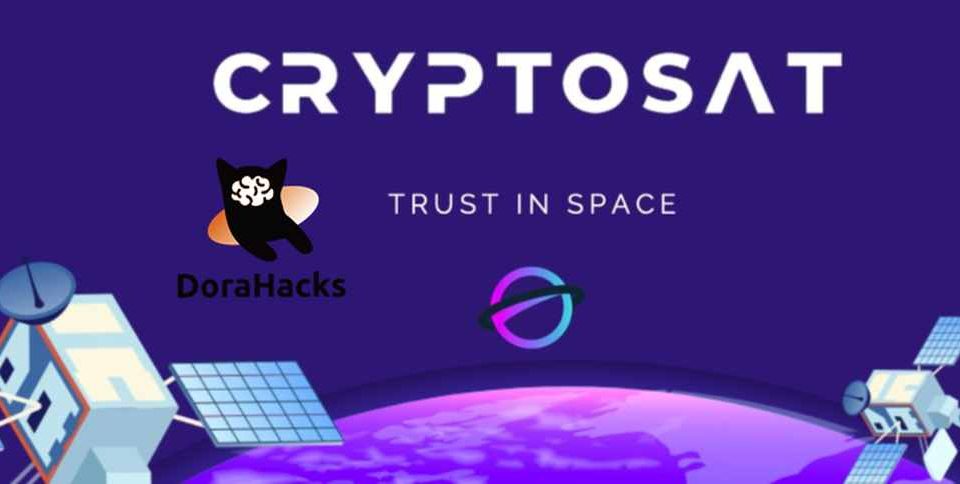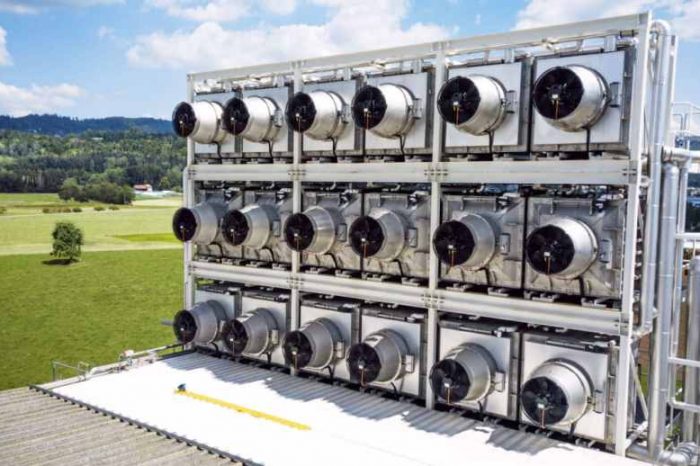DoraHacks, Cryptosat perform the first experiment of cryptographic trusted-setup for zero-knowledge in Space

Cryptosat, who just launched their 2nd LEO satellite on Jan 3rd, 2023, now successfully performed the first experiment on the International Space Station (ISS) with DoraHacks. This could be a game-changer in terms of securing the voting mechanism of DoraHacks, and potentially other DAOs or applications.
This historic event took place on the International Space Station (ISS), an isolated platform in low Earth orbit where no human (except the seven astronauts currently aboard the station) and no hacker can physically access or modify the hardware running the experiment. The experiment was performed in collaboration with the Italy-based Nanoracks Europe exploiting the ICE Cubes Service in orbit.
The experiment involved taking a set of pre-uploaded open-source programs to the International Space Station, and outputting a file that contains the “Common Reference String.” The Common Reference String is used in DoraHacks’ Zero-Knowledge proof-powered voting program that protects user privacy and offers collusion resistance in voting and governance.
The output of this experiment will be used to ensure the security of the voting mechanism used in Dora Grant DAO, an open-community grant organization that supports multi-chain Web3 infrastructures and public goods. This paves the way for Cryptosat towards a satellite-based service that would enable a fast turnaround for the initiation of ZK-proof systems.
“We are excited to unlock the possibility of running trusted setups for Zero-Knowledge schemes in space. The ability to perform a trusted setup in a completely isolated environment is key in making efficient SNARK schemes much more widely used, secure and easier to iterate on. By having Cryptosat participate in the ceremony, we guarantee there is at least one party out of this world making the ceremony more secure,” said Cryptosat Co-founder Yonatan Winetraub.
Zero-knowledge proof systems, and SNARKs in particular, enable a vast range of possibilities, from rollups to collusion-resistant voting in DAOs. So far, the cryptographic ceremonies such as the “Powers of Tau” required to bootstrap a proof system had either trust issues or required bringing large numbers of participants which resulted in complex coordination with long turnaround times for commencing the ceremony.
Cryptosat’s trusted compute environments in space provide the ultimate physical isolation and security and will enable it to carry out instant cryptographic trusted setups for ever-changing software. This experiment is a proof-of-concept that initiates cryptographic primitives in a space orbit, enabling DoraHacks to use the output Common Reference String in Zero-Knowledge proof-powered applications.
It’s not without limitations, though. In its current state, the cryptographic scheme (called “Groth16”) used in this experiment requires a new setup every time the voting program changes, so it works for only one application instead of general applications. Moreover, there are two steps of the trusted setup process, and this experiment only runs the second step. Its success opens up the gate for DoraHacks and Cryptosat to design further space missions to improve the process.
“Ultimately, we want to use an isolated computing environment in space to conduct a complete trusted setup for zero-knowledge proof applications, including an ‘in-space ceremony’ that produces CRS for multiple proof systems, like PLONK. If we can achieve this goal, we can provide a public good for all zero-knowledge proof powered applications, as well as a new paradigm to initiate cryptographic protocols in general,” said Eric Zhang, the Founder & CEO of DoraHacks.
Founded in 2014 by Jiannan Zhang, DoraHacks is the organizer of the global hackathon and one of the most active Web3 developer incentive platforms. DoraHacks is best known for curating many of the world’s innovative Web3 startups via hackathons and grant programs. To date, over 2000 startups and developer teams have raised $25 million worth of grants from the DoraHacks platform.

